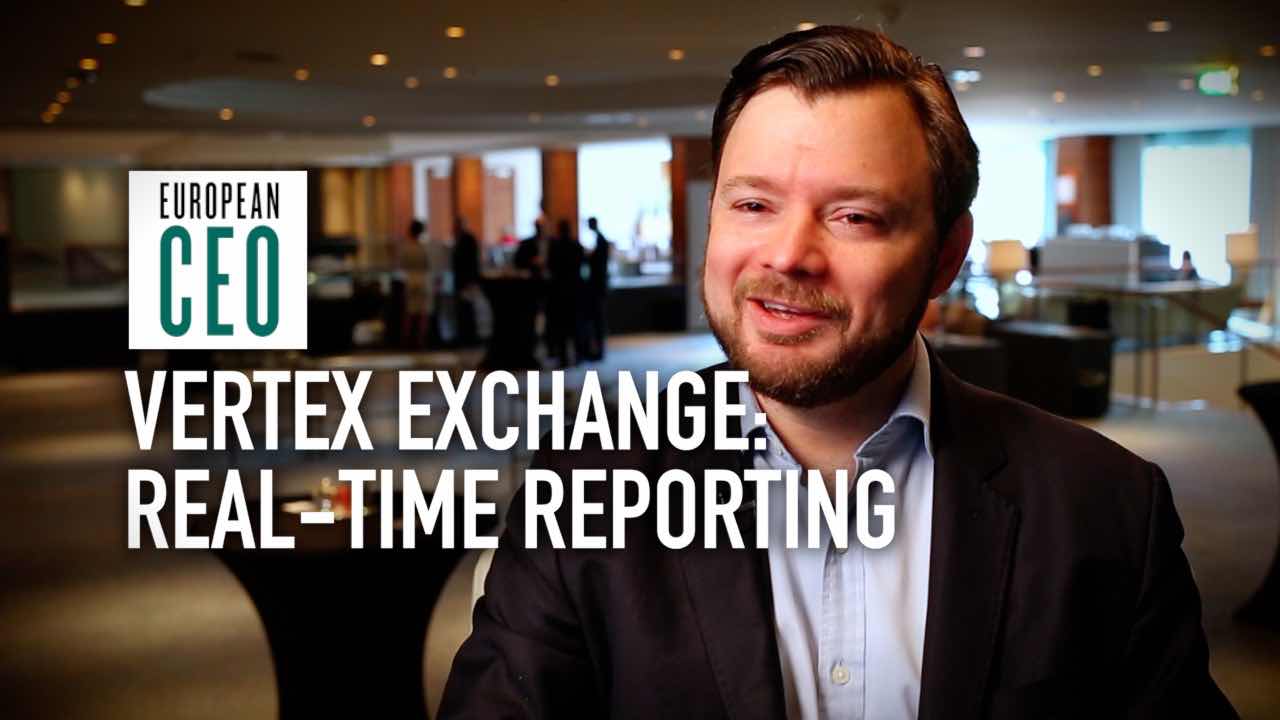Sell smarter: How data insights can help your team meet sales targets
Miller Heiman Group CEO Byron Matthews outlines the four challenges making selling harder – and how they can be overcome
Transcript
The science of selling has become more important than the art. That’s the thesis of Byron Matthews from Miller Heiman Group, which takes global research into sales techniques and performance, and develops the best practices to make sales teams more effective and efficient. The company has identified four key trends that are making selling harder for businesses: digital disruption, urbanisation, the ageing workforce and increased competition as sector lines blur. To adapt, Byron argues, selling organisations need to update their selling models and their talent profile, and start using technology that can intelligently use data to identify trends in individuals’ successes.
European CEO: Byron, you’ve identified four key trends that are making selling harder for business.
Byron Matthews: Yeah, number one: digital disruption. We understand that, we all feel that, but in the world of selling, the amount of technology and tools and data that buyers have is really causing a lot of problems and issues for sellers.
Number two: urbanisation. Specifically in emerging economies. There are 65 million more people every single year living in cities. And that might seem great, you know: a bunch of people in the same place, let’s sell! But the problem is, that brings in new competition, tonnes of price pressures, and a lot of difficulties in trying to figure out how to break through to some of these markets.
Number three: the productivity in the ageing workforce. GDP by math is productivity plus labour growth. So if you have lower labour growth, that puts more pressure on productivity, which puts more pressure on selling organisations.
And then finally, we think about this idea of, you just kinda compete in your sector? That’s all going to get blurred. Primarily through technology; platforms will integrate industries together, into sort of an interconnected ecosystem, which will provide a tonne of challenges for sellers. It’s not as simple anymore.
European CEO: What evidence of there of the impact of these trends?
Byron Matthews: So we do a lot of research around the world of sales and performance. And by the numbers, across the board: they’re down. Let me give you a good example. The percent of reps that make quota; 2017, we studied this in all industries, all regions, and it’s at a five year low: 53 percent of reps make quota.
Now you might say, ‘that’s horrible!’ Well, you want about two thirds of your reps to make quota. But, 53 percent? That gap is huge.
European CEO: How can sales organisations adapt to overcome these challenges?
Byron Matthews: Yeah, we actually think there’s a few things that all selling organisations need to be investing in. Number one: selling models have changed. So, historically it started with product selling, then it moved to solution selling. That means you show up, you ask really good questions, you understand their needs, and then you provide them a solution. That’s been the predominant model for decades. That’s actually not good enough anymore. Buyers are well informed – go back to digital disruption, they’ve got tonnes of information. Now you have to change the game; you have to add value in the sales process. You’ve got to provide insight, you’ve got to provide data. That shift in selling model is very difficult to do, but the ones that are doing it are succeeding.
Number two: sales enablement as a function. Organisations are starting up sales enablement to create value engineers, to power change in the organisation.
Number three: talent. Really foward-thinking selling organisations are thinking about their talent. What does that next generation talent look like? Big difference between EQ and IQ. With more science in selling, the IQ part of a professional’s traits are becoming more important.
And finally, and probably the most important is process maturity. It used to be the differentiator if you had a methodology. Your way of selling had everyone operating together. Now that’s a circuit-breaker. You have to have that. And then from there you can invest in capabilities.
European CEO: Miller Heiman Group is also having to deal with these challenges; how are you adapting?
Byron Matthews: Our legacy was all based on training and methodology and skill programmes. That’s only part of the equation now. So we’ve had to invest in capabilities around services and consulting. Capabilities around talent management, and really helping organisations think about their people. Capabilities around technology, CRM tool.
Selling organisations are embracing data-rich, insight-rich environments. Imagine if you captured all of the data every time they went to win more deals. And then, that data was smart enough to provide insights to that individual, and said, ‘Hey, the last two times you won, these were the things that you did.’ And then it would tell your supervisor, your front-line sales leader, ‘Hey, in your forecast, when you’re working with Byron, think about this: he wins more when he develops a coach.’ That type of competitive advantage is necessary going forward, and that’s exactly what we’re delivering.
European CEO: So in this environment and with these new tools, what is the talent profile of a successful salesperson today?
Byron Matthews: We’re absolutely seeing a shift. We actually bought a company from IBM called Talent Analytics, and it came with all this massive amounts of assessment data. And what we’re seeing is a shift from, if just at the highest level you think about EQ and IQ – which are both important in a seller – but the predominant trait was more on the EQ, the persuasive traits. We see that shifting more into analytical traits, in the IQ part. Doesn’t mean the EQ’s not important.
And think about that comment I made earlier around digital disruption, and data everywhere, and the science of selling. To become a value engineer, to show up and not just ask good questions, but to provide insights and data and analytics; those types of traits are going to be really important in the future.
European CEO: Byron, thank you very much.
Byron Matthews: Thanks.


 Real-time reporting of tax information | Vertex Exchange Europe 2018
Real-time reporting of tax information | Vertex Exchange Europe 2018 Artificial intelligence is helping the fight against cancer
Artificial intelligence is helping the fight against cancer